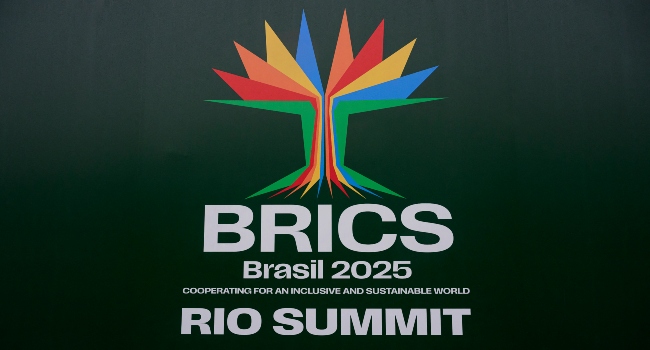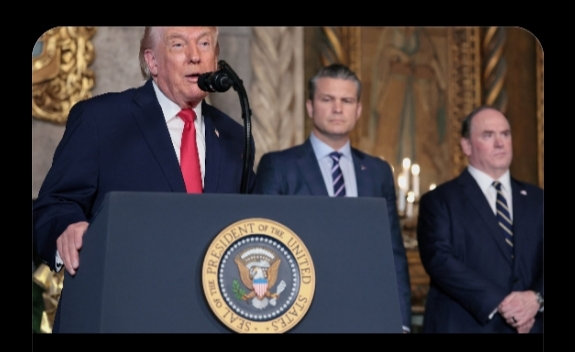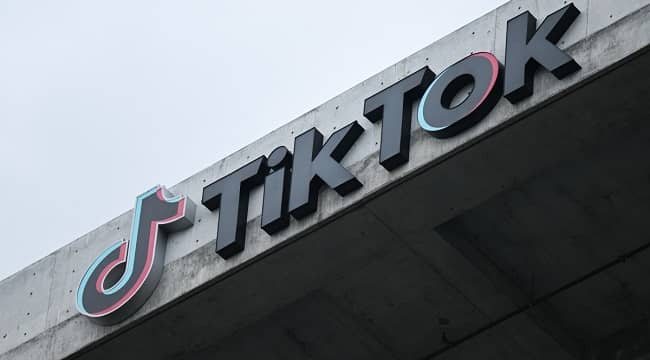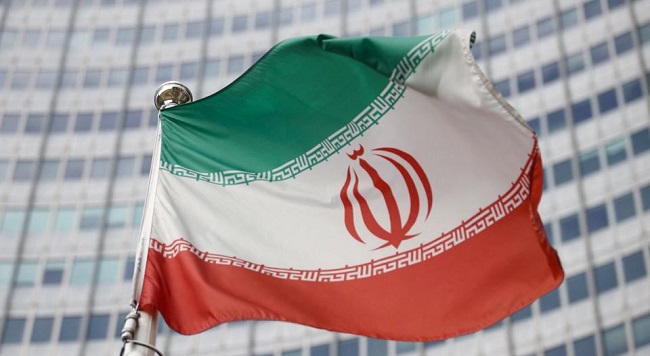As global trade uncertainties deepen, leaders of BRICS nations have united to express “serious concerns” over rising protectionist policies particularly the implementation of unilateral trade tariffs that threaten global economic stability.
At the ongoing BRICS summit in Rio de Janeiro, member states including Brazil, Russia, India, China, and South Africa are expected to issue a strong joint statement criticizing trade restrictions that fall outside World Trade Organization (WTO) guidelines. Though not directly naming the United States or former President Donald Trump, the draft declaration obtained ahead of the summit takes aim at what it calls “unilateral tariff and non-tariff measures” that “distort trade and undermine global development.”
Since taking office, Trump’s administration introduced a series of aggressive tariff policies, impacting both rivals and allies. These moves have triggered pushback from emerging economies that collectively account for nearly 50% of the world’s population and 40% of global economic output.
The absence of key leaders is also shaping the dynamics of the summit. Chinese President Xi Jinping is skipping the annual gathering for the first time in over a decade. According to analysts, Xi’s decision may stem from a desire to avoid being politically overshadowed particularly with Indian Prime Minister Narendra Modi set to receive a state lunch during the event.
Russian President Vladimir Putin, facing an international arrest warrant for alleged war crimes, will not attend in person but is expected to join via video link. Iran’s President Masoud Pezeshkian is also absent amid his country’s ongoing tensions with Israel and the United States; Iran is instead represented by its Foreign Minister Abbas Araghchi.
Host President Luiz Inacio Lula da Silva used a pre-summit business forum to highlight the need for reform. “In the face of rising protectionism, emerging economies must take the lead in defending multilateral trade and reshaping the global financial system,” Lula said.
While political tensions dominate the headlines, the summit’s agenda also includes key issues like artificial intelligence, public health, and deeper cooperation among the bloc’s expanded membership. Newer members now include Saudi Arabia, Iran, Egypt, Ethiopia, the UAE, and Indonesia, alongside the founding nations.
Despite leadership absences, the summit reflects growing calls from the Global South for a fairer, more balanced international trade system—one that prioritizes mutual growth over economic bullying.





